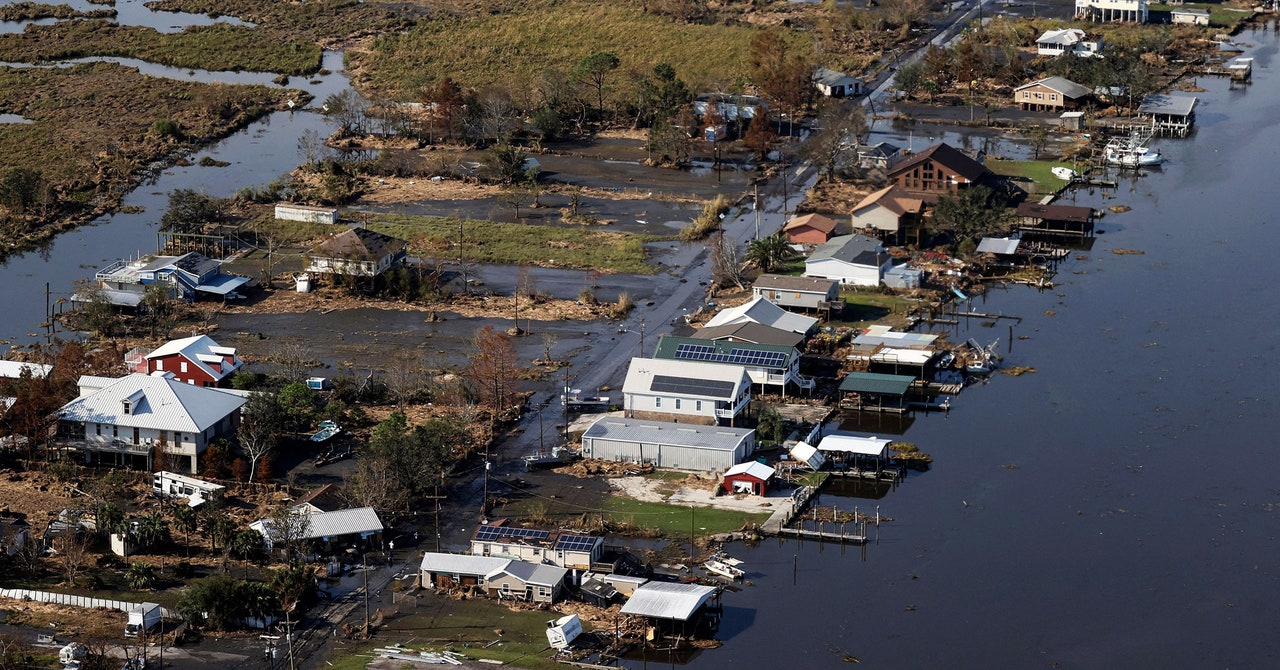
What creates a little bit of frustration is that in the scientific domain, there was not enough controversy, because somehow the book was discarded by many. Not by everybody. By many, it was discarded as a doomsday prophecy. And for sure, we were not successful among economists at the time.
WIRED: Presumably economists weren’t too fond of it because growth is inherent to capitalism. And unchecked growth really, a kind of maniacal, ecologically-destructive growth at all costs that’s built into the system.
CAP: What the system has done, as a mechanism to continue with growth at all costs, is actually to burn the future. And the future is the least renewable resource. There is no way that we can reuse the time we had when we started this conversation. And by building up a system which is more debt-driven—where we keep consumption going, but by creating more and more debt—what we’re actually doing is burning or stealing the time of people in the future. Because their time will be devoted to repaying the debt.
WIRED: It seems obvious that we’ll eventually run out of finite resources. But there was even pushback against that idea when the report came out. Where does that insistence come from?
CAP: The paradox is that capitalism is also based on the notion of scarcity. Our system is organized around the idea that resources are scarce, then we have to pay for them, and people in the value chain will profit from this idea of scarcity. Conventional capitalism is saying that while these resources might be finite, we will find others: Don’t worry, technology will save us. So that we continue in the same way.
WIRED: 50 years on from the original report, are we on the right course as a species?
CAP: No, if you look at the reality. And no, in particular, if you look only at what governments and corporations do, if you look at what the decision makers decide, and the systems of governance we have, whether national or global. We’re not better in terms of pollution, because we have climate warming, an existential issue. We’re not better in terms of biodiversity. We are not in terms of inequality. So there are plenty of reasons to say no.
But there are also good reasons for optimism of the will. And those reasons are possibly less obvious, less evident, less in the headlines in the media and elsewhere. We definitely think there is an ongoing cultural change often hidden in plain sight. Many are experimenting, often at the community level, trying to find their own pathways towards that balance of well-being within a healthy biosphere. A change that brings hope to me is the change in the status of women, the increasing roles of women. And I would say that if you look at what’s happening with the younger generations, there is a big change as well.
So politically, at the level of corporations, at the official level, things are going pretty much in the wrong direction. Culturally, below the line, my bet is that a lot of things are happening in the good direction. The human revolution is already happening—it’s just that we don’t see it. And maybe it’s good that we don’t see it yet, until the very moment where it makes a lot of things shift.


